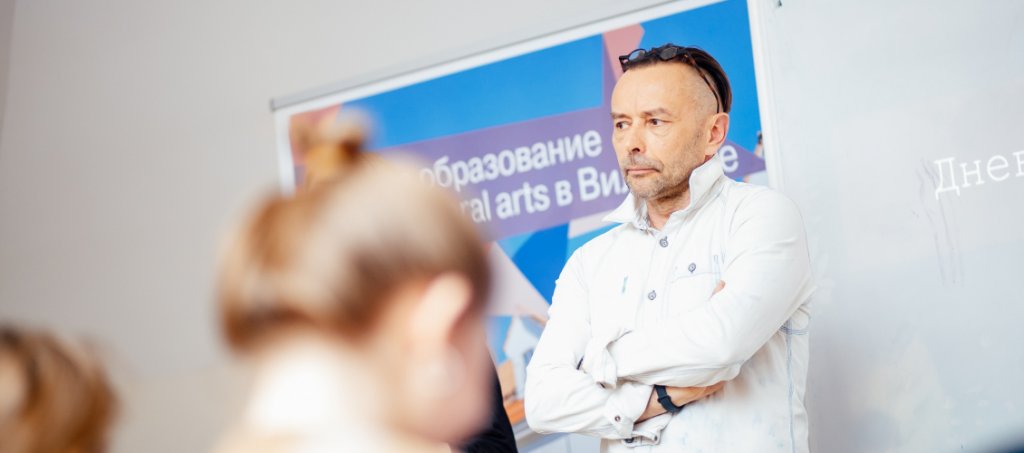
Teaching Assignments by HEI Teaching Staff and by Invited Staff from Enterprises
This action enables staff to spend a teaching period between 1 day – or at least 5 teaching hours – and 6 weeks at a higher education institution in another participating country. A minimum duration of 5 working days is strongly recommended. The objectives of this staff mobility for teaching are:
- To encourage higher education institutions to broaden and enrich the range and content of courses they offer;
- To allow students who do not have the possibility to participate in a mobility scheme, to benefit from the knowledge and expertise of academic staff from higher education institutions and from invited staff of enterprises in other European countries;
- To promote exchange of expertise and experience on pedagogical methods;
- To create links between higher education institutions and with enterprises;
- To motivate students and staff to become mobile and to assist them in preparing a mobility period.
For information regarding application process, conditions, etc. please see here.
Erasmus staff mobility – training for HEI staff at enterprises and at HEI
This action enables teaching and other staff of higher education institutions to spend a period of training between 5 working days and 6 weeks in an enterprise or organization such as an HEI in another participating country. The objectives of this staff mobility for training are:
- To allow the staff of higher education institutions to acquire knowledge or specific know-how from experiences and good practices abroad as well as practical skills relevant for their current job and their professional development;
- To help building up cooperation between higher education institutions and enterprises;
- To motivate students and staff to become mobile and to assist them in preparing a mobility period. The stay in the partner enterprise, organization or institution can be called a variety of names: short secondment period, job-shadowing scheme, study visit, workshop, conference etc.
For information regarding application process, conditions, etc. please see here.
Erasmus intensive programmes
An Intensive Programme (IP) is a short programme of study (10 continuous full days to 6 weeks of subject related work) which brings together students and teaching staff from higher education institutions of at least three participating countries in order to:
- Encourage efficient and multinational teaching of specialist topics which might otherwise not be taught at all, or only in a very restricted number of HEIs;
- Enable students and teachers to work together in multinational groups and so benefit from special learning and teaching conditions not available in a single institution, and to gain new perspectives on the topic being studied;
- Allows members of the teaching staff to exchange views on teaching content and new curricula approaches and to test teaching methods in an international classroom environment.
For information, please see here.
Erasmus multilateral projects
Erasmus multilateral projects provide support for cooperation of higher education institutions among themselves or together with other relevant stakeholders. Innovative projects focusing on themes not extensively covered by projects already being funded under this action are particularly encouraged. Information on projects funded in previous calls can be found in the Erasmus project compendia on the following website.
Multilateral projects bring together a minimum of three institutions from at least three LLP participating countries (at least one country must be an EU Member State) and are subdivided into the 4 subactions:
- Curriculum Development
- Co-operation between Universities and Enterprises
- Modernisation of Higher Education
- Virtual campuses
Erasmus academic networks
Erasmus academic networks are designed to promote European co-operation and innovation in specific subject areas. They contribute to enhancing quality of teaching in higher education, defining and developing a European dimension within a given academic discipline, furthering innovation and exchanging methodologies and good practices. This is achieved by means of cooperation within the network between higher education institutions, university faculties and departments and may also involve professional associations and enterprises as well as other associations. All networks should bring together an appropriate range of relevant stakeholders concerned by the theme addressed.
Cooperation within networks is expected to lead to outcomes which will have a lasting and widespread impact on higher education institutions and their environment across Europe in the field concerned. Each year, network proposals focusing on subject areas and themes not extensively covered by networks already being funded under this action are particularly encouraged, in order to arrive at an optimal coverage of academic disciplines. Information on networks funded in previous calls can be found in the Erasmus project compendia on the following website.
For complete STA application package procedure description press here.
For more information regarding ERASMUS Staff Mobility Programs, please contact EHU’s International Office by e-mail: international@ehu.lt.